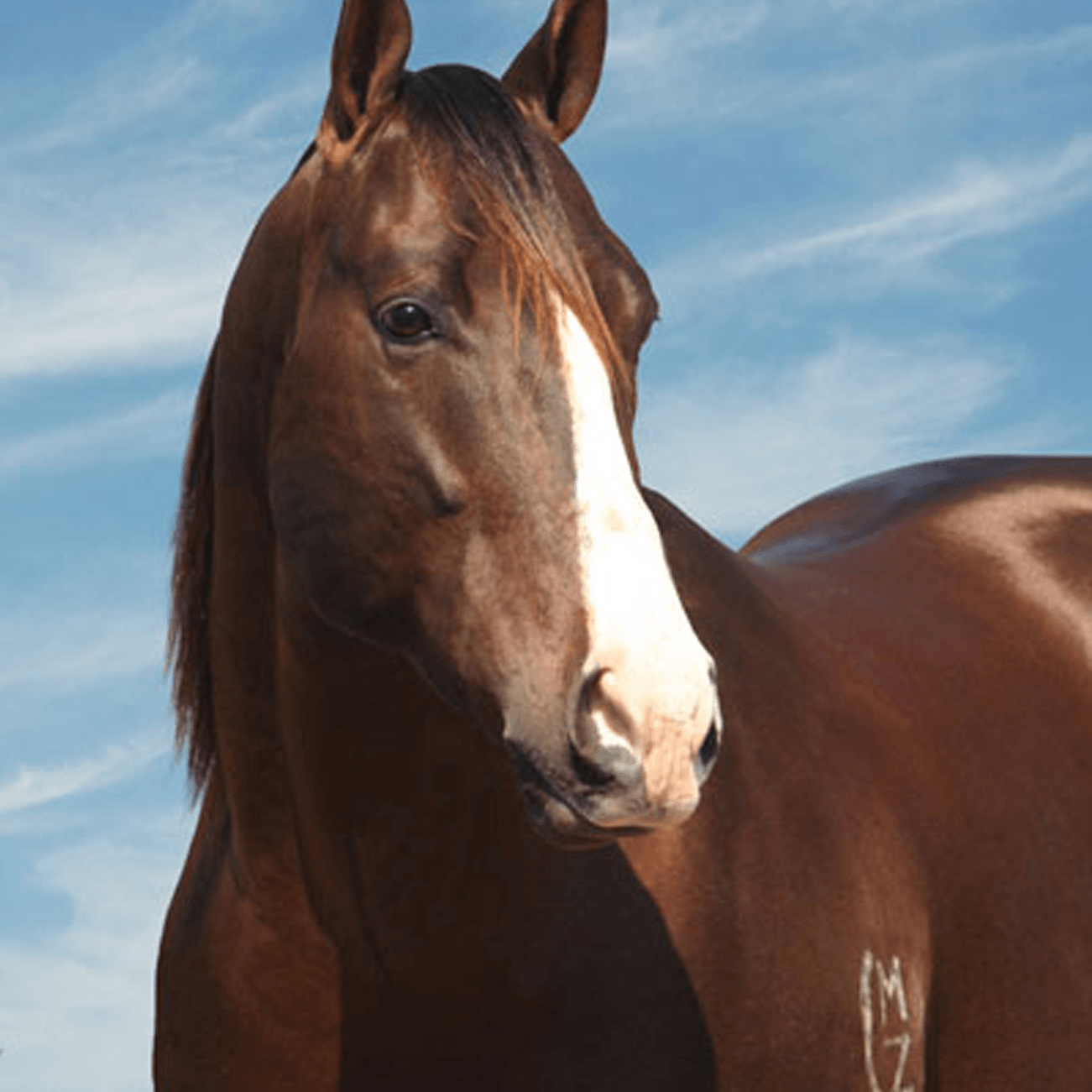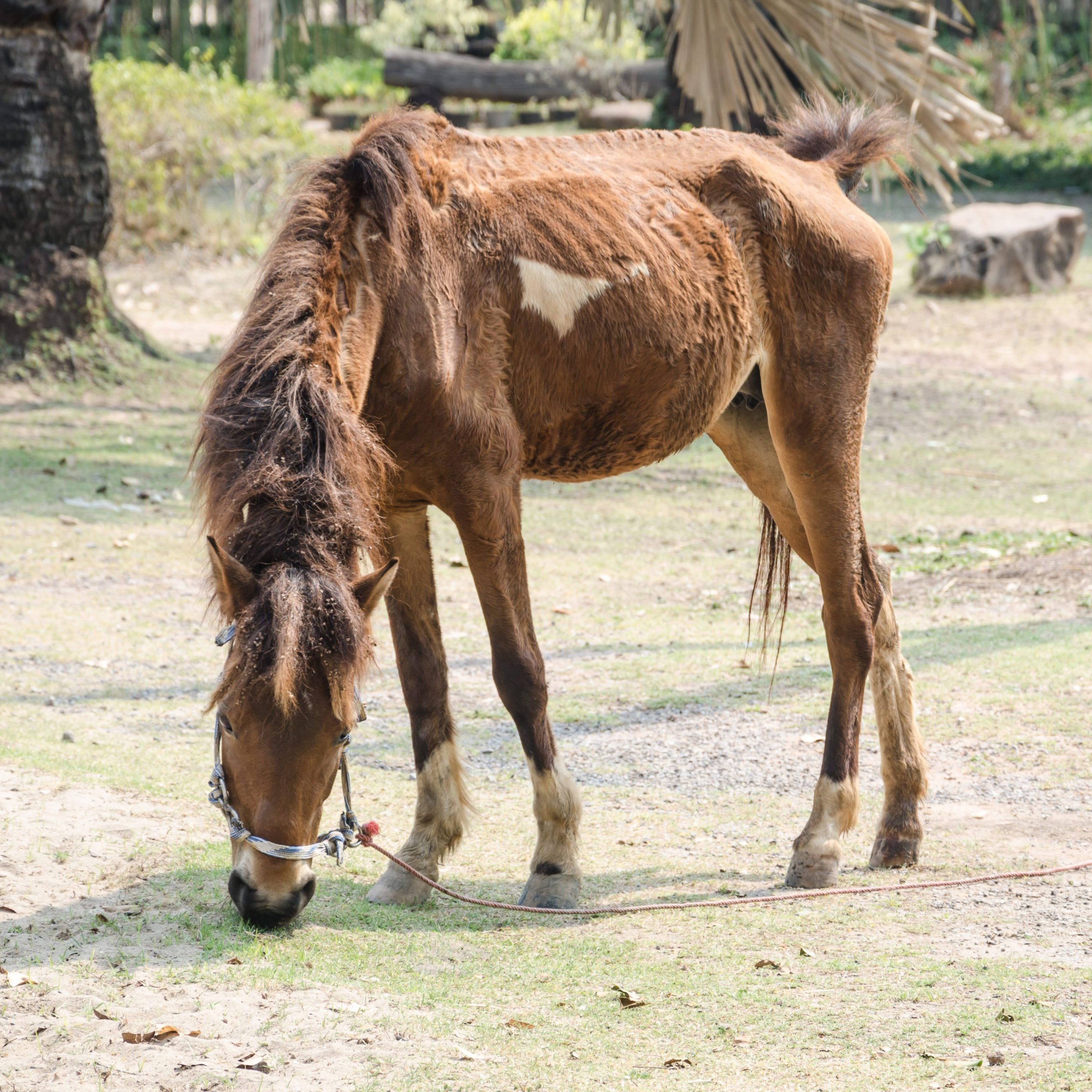Featured
Common Equine Viruses (EHV-1)
Equine Herpes Virus (EHV) is found in horses all around the world. Many horses have been infected without presenting any major side effects, while some infected horses have died from neurological side effects. To avoid the health risks posed by this virus, you must know how to prevent infection and how to control it when a horse gets infected. Below are some important details about EHV.
Jump to Key Section
- What Are Common Equine Viruses and Infections?
- What Are the Symptoms of EHV-1?
- What Causes the EHV-1 Virus?
- How Can You Prevent Infection by the EHV-1 Virus?
- Find Out More About Zesterra®’s Immune Boosting Properties
What Are Common Equine Viruses and Infections?
Equine Herpes Virus is a family of DNA viruses that are identified with numbers like EHV-1, EHV-3 and EHV-4:
- EHV-1: This virus can result in different equine conditions such as respiratory disease, neonatal death, abortion and neurological disorders.
- EHV-3: This virus causes a disease known as coital exanthema, which affects the genitals and can hinder fertility.
- >EHV-4: An upper respiratory tract disorder develops from this virus in foals. It’s also linked to abortion in mares.
What Are the Symptoms of EHV-1?
After a horse has been infected with EHV-1, it’ll present the following signs and symptoms:
- A two-phase fever that could last two to seven days
- Respiratory infection with mucus discharge from the nose and eyes
- Enlargement of lymph nodes close to the jaw
The neurologic form produces fever and little or no respiratory signs. It progresses very fast with lethargy, weakness of hind limbs, nasal discharge, lack of coordination, dribbling urine and lying down.




